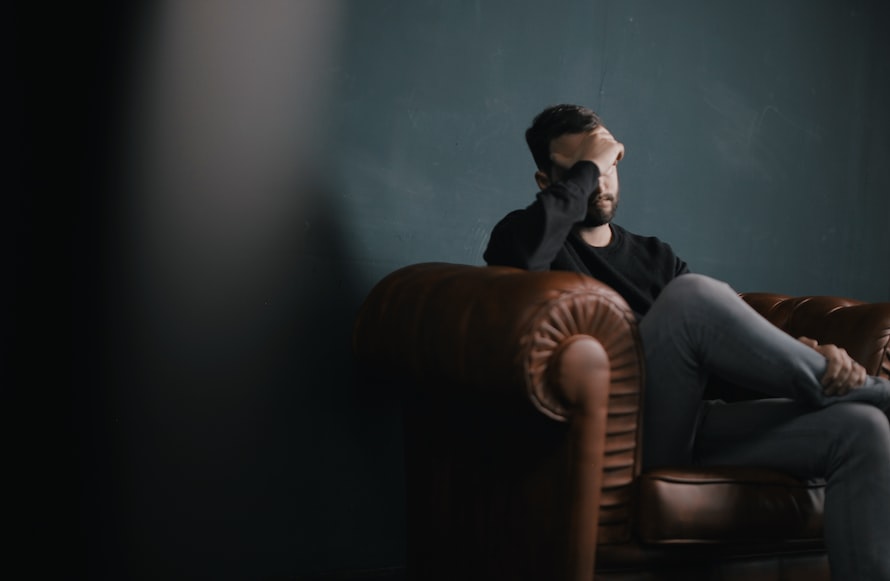When we hear about personal injury cases, we often envision physical injuries and legal battles. However, there is a deeper aspect that is often overlooked – the psychological impact these cases can have on the individuals involved. Beyond the visible scars, there are emotional wounds that may take longer to heal. In this article, we delve into the world of personal injury cases and explore the uncharted territory of its psychological ramifications.
What Are Personal Injury Cases
Let’s start with the basics. Personal injury cases arise when an individual suffers harm or injury due to someone else’s negligence or intentional actions. These cases can encompass a wide range of situations, from car accidents and workplace injuries to medical malpractice and slip-and-fall accidents. When these incidents occur, they can cause not only physical pain but also emotional distress.
Types of Personal Injury Cases
Personal injury cases come in various forms, each with its own unique set of challenges. Some common types include:
- Motor Vehicle Accidents: Car, truck, motorcycle, and pedestrian accidents often lead to severe injuries and trauma.
- Medical Malpractice: When healthcare professionals make errors that harm patients, it can shatter trust and leave emotional scars.
- Workplace Accidents: On-the-job injuries can not only cause physical harm but also induce fear and anxiety about returning to work.
- Premises Liability: Slip-and-fall accidents or injuries on someone else’s property can trigger emotional trauma.
The Rollercoaster of Emotions
Going through a personal injury case is like riding an emotional rollercoaster. One moment, you may feel hopeful about the outcome, and the next, overwhelmed by fear and uncertainty. The legal process can be lengthy, and waiting for a resolution can add to the emotional strain.
Coping with Pain and Suffering
In addition to physical pain, personal injury cases can lead to significant suffering. Dealing with ongoing pain can be mentally draining, and it’s essential to seek proper medical attention and emotional support.
The Importance of a Strong Support System
Having a strong support system is crucial during this challenging time. Family, friends, and even support groups can provide the empathy and encouragement needed to cope with the psychological impact of a personal injury case.
Navigating Anxiety and Depression
Anxiety and depression can be common companions throughout the legal process. It’s essential to recognize these emotions and seek professional help if they become overwhelming.
Dealing with Post-Traumatic Stress Disorder
In some cases, individuals may develop Post-Traumatic Stress Disorder (PTSD) following a traumatic event. PTSD can have a profound effect on mental well-being and may require specialized therapy.
The Role of Therapy in Recovery
Therapy can play a pivotal role in the recovery process. Whether it’s individual counseling or group therapy, talking to a mental health professional can help individuals process their emotions and develop coping strategies.
Facing Financial Strain
Personal injury cases can lead to significant financial burdens, from medical bills to lost wages. This financial strain can add to the stress and anxiety already experienced.
The Healing Power of Time
As the old saying goes, time heals all wounds. While the psychological impact of personal injury cases may linger, with time and proper support, individuals can find strength and resilience to move forward.
Overcoming Fear of Legal Proceedings
The legal system can be daunting, and the fear of testifying or facing the responsible party can be overwhelming. Personal injury law firm in Arcadia can guide you through the process and alleviate some of these fears.
Personal injury cases go beyond physical injuries, delving into the complex world of emotions and mental well-being. It’s essential to recognize the psychological impact these cases can have and seek the necessary support. From coping with pain and anxiety to facing legal proceedings, the journey to recovery may be challenging, but it’s not one you have to face alone.

